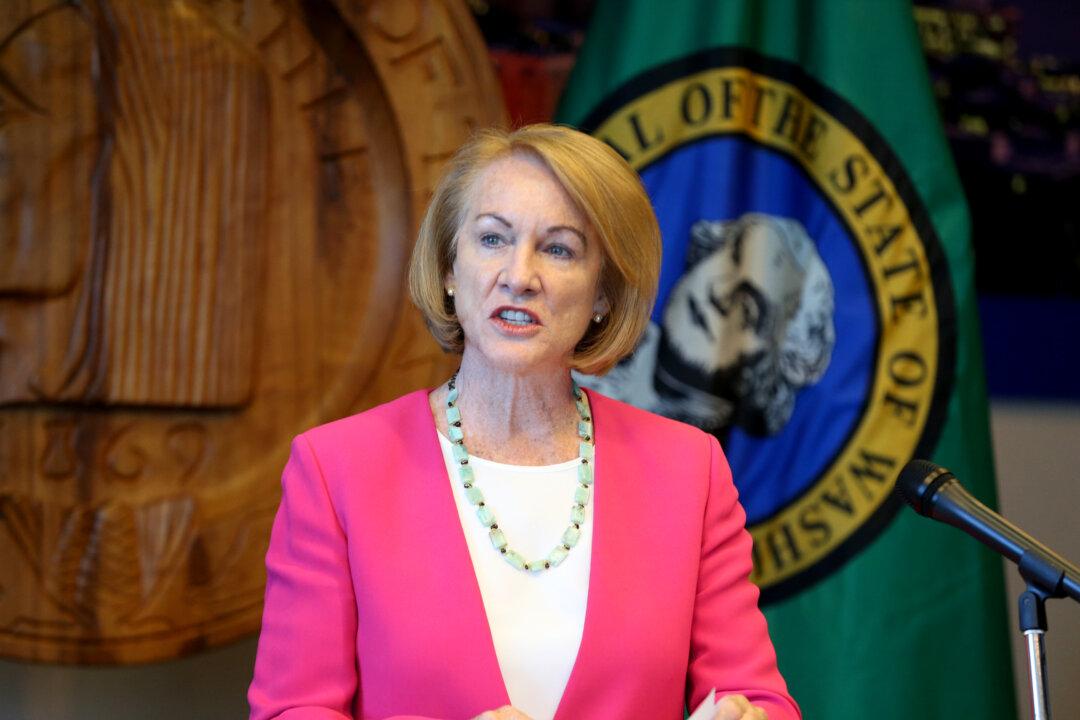Seattle’s moratorium on residential evictions, which was set to expire at the end of this month, is being extended until Sept. 30, Mayor Jenny Durkan announced June 18.
According to the order, landlords will continue to be prohibited from issuing notices of termination or otherwise initiating eviction actions with courts, unless there’s an imminent threat to the health and safety of the community. Late fees, interest, or other charges due to late payment of rent during the moratorium aren’t allowed.





